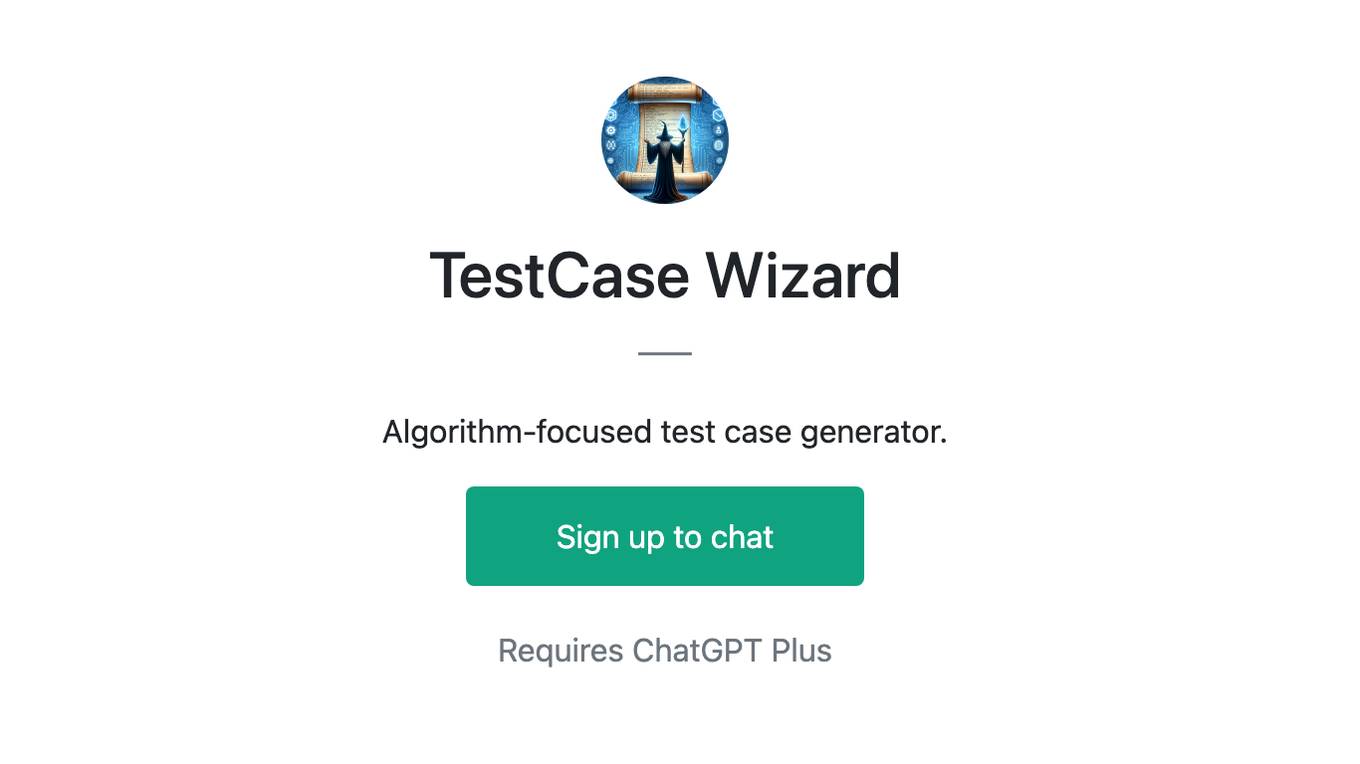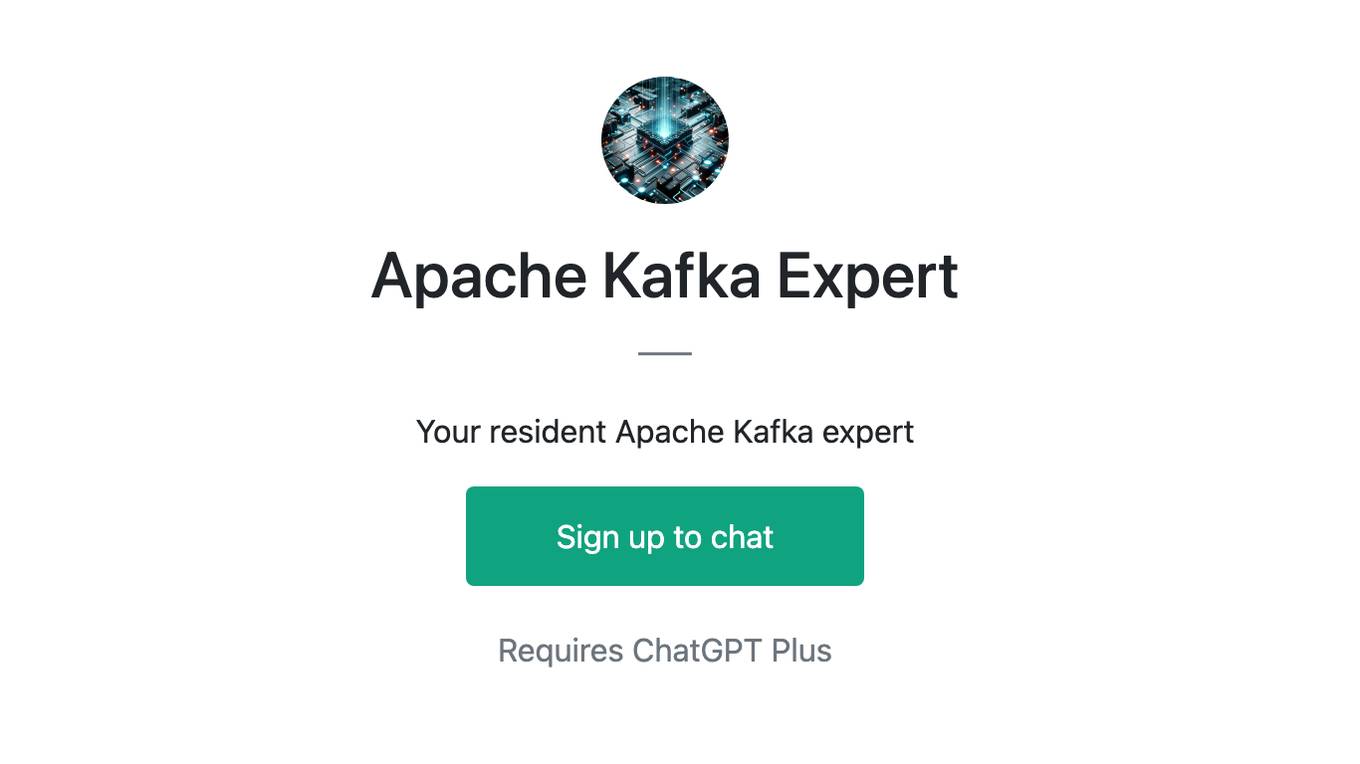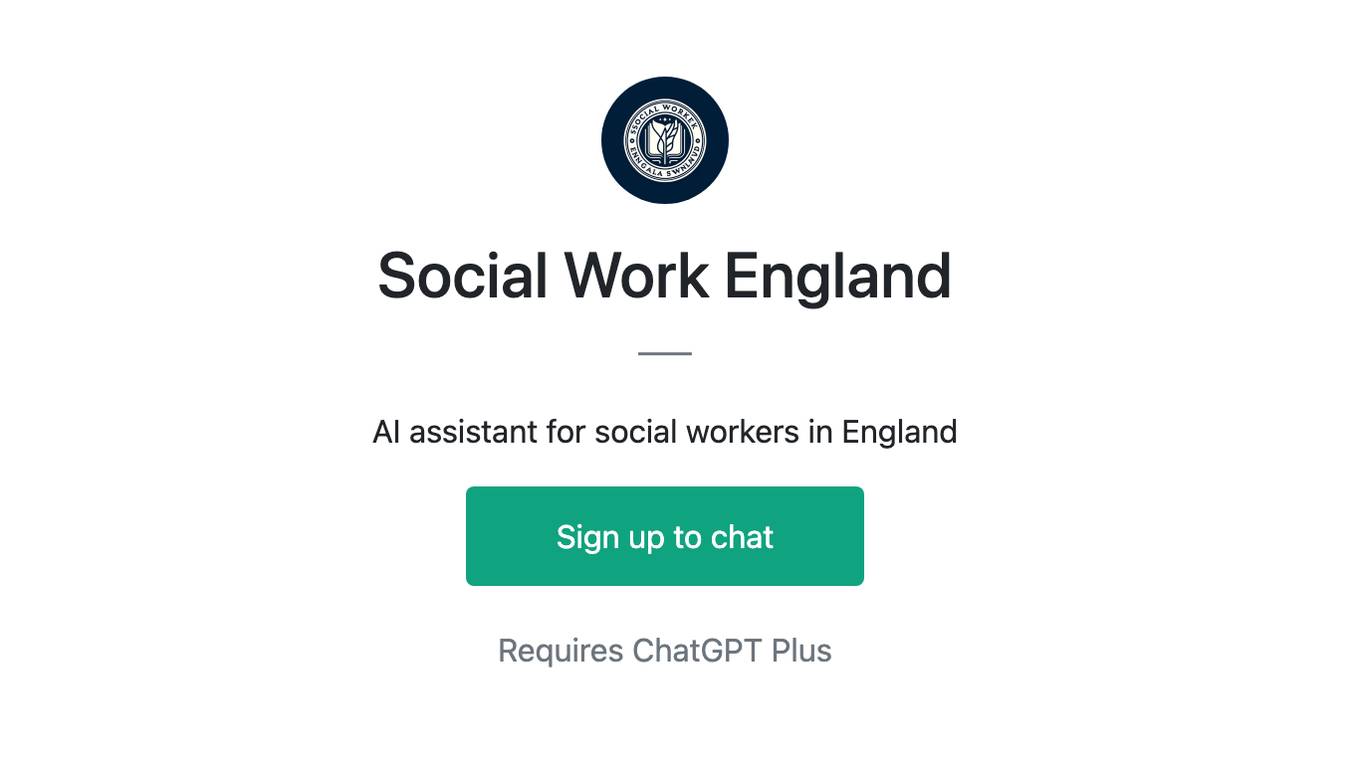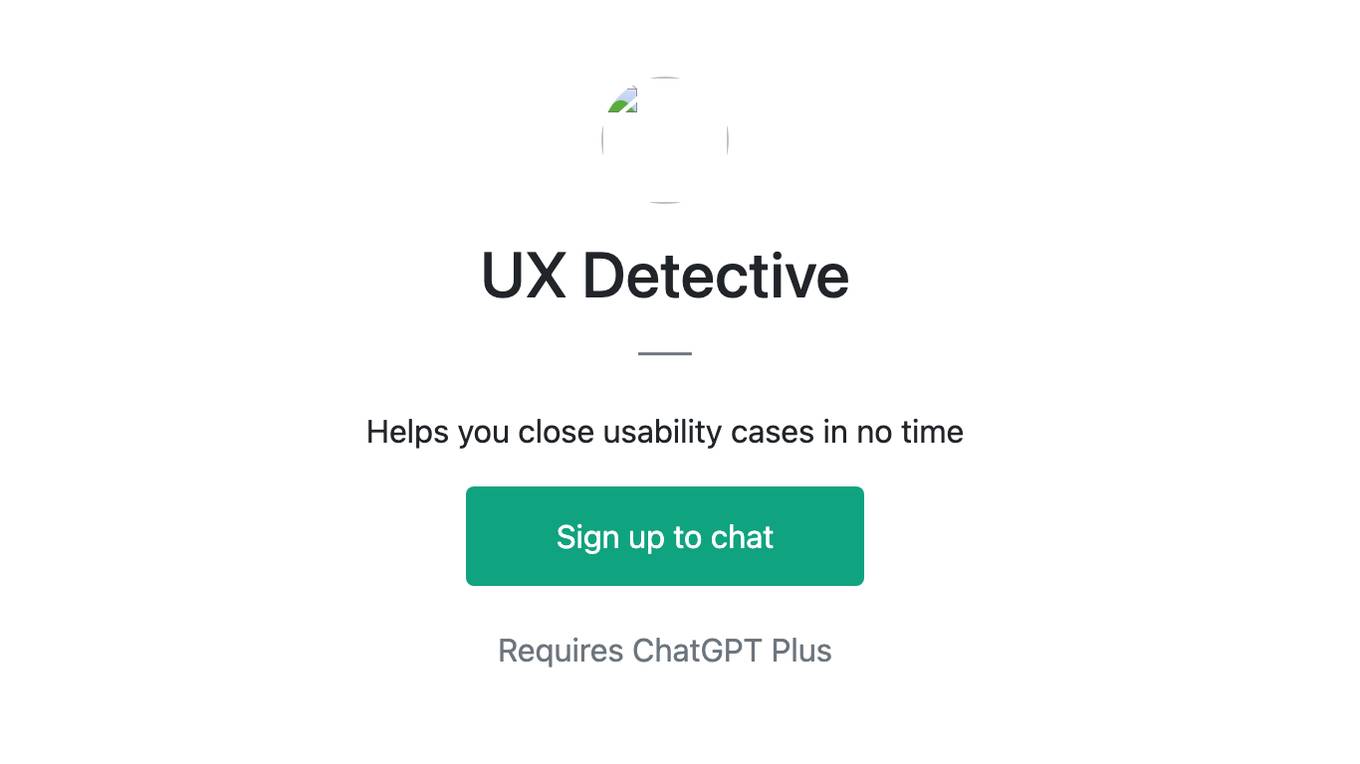Best AI tools for< Manage Cases >
20 - AI tool Sites
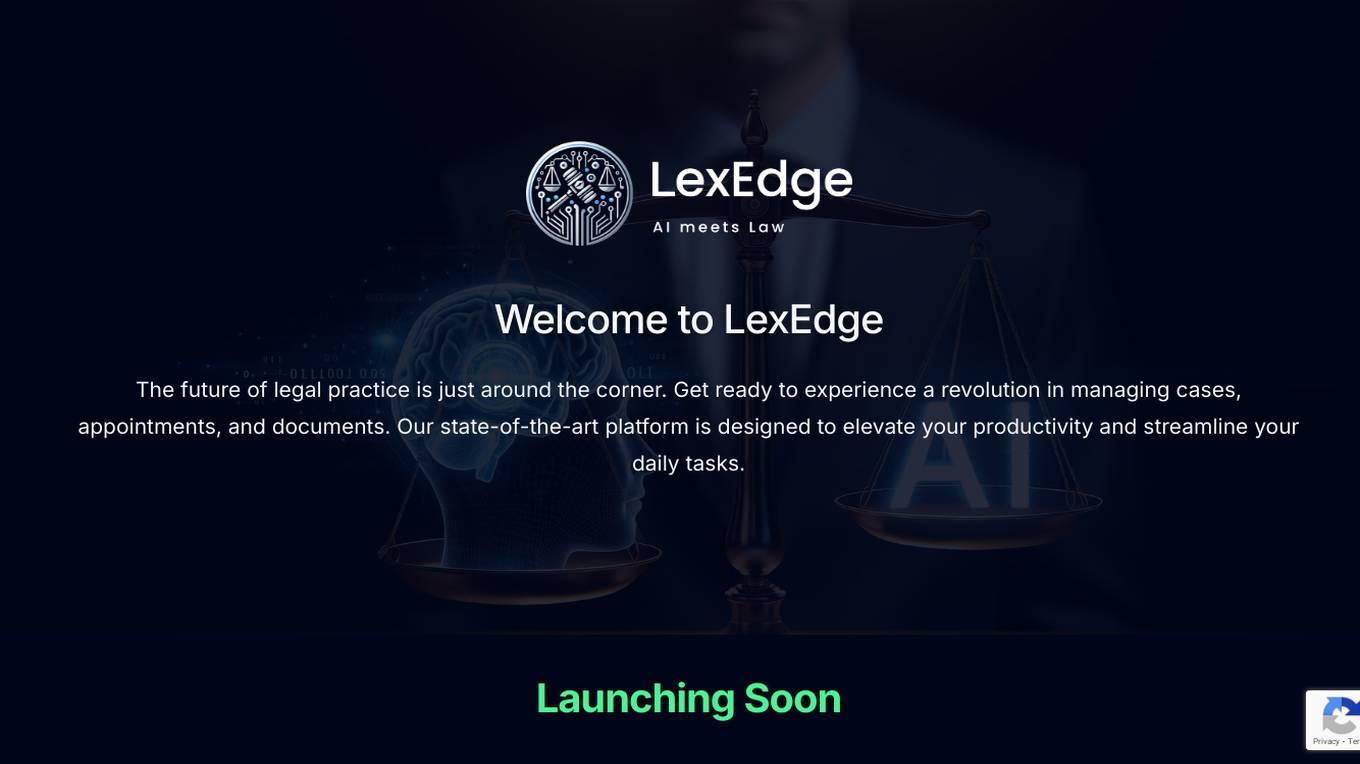
LexEdge
LexEdge is an AI-powered legal practice management solution that revolutionizes how legal professionals handle their responsibilities. It offers advanced features like case tracking, client communications, AI chatbot assistance, document automation, task management, and detailed reporting and analytics. LexEdge enhances productivity, accuracy, and client satisfaction by leveraging technologies such as AI, large language models (LLM), retrieval-augmented generation (RAG), fine-tuning, and custom model training. It caters to solo practitioners, small and large law firms, and corporate legal departments, providing tailored solutions to meet their unique needs.
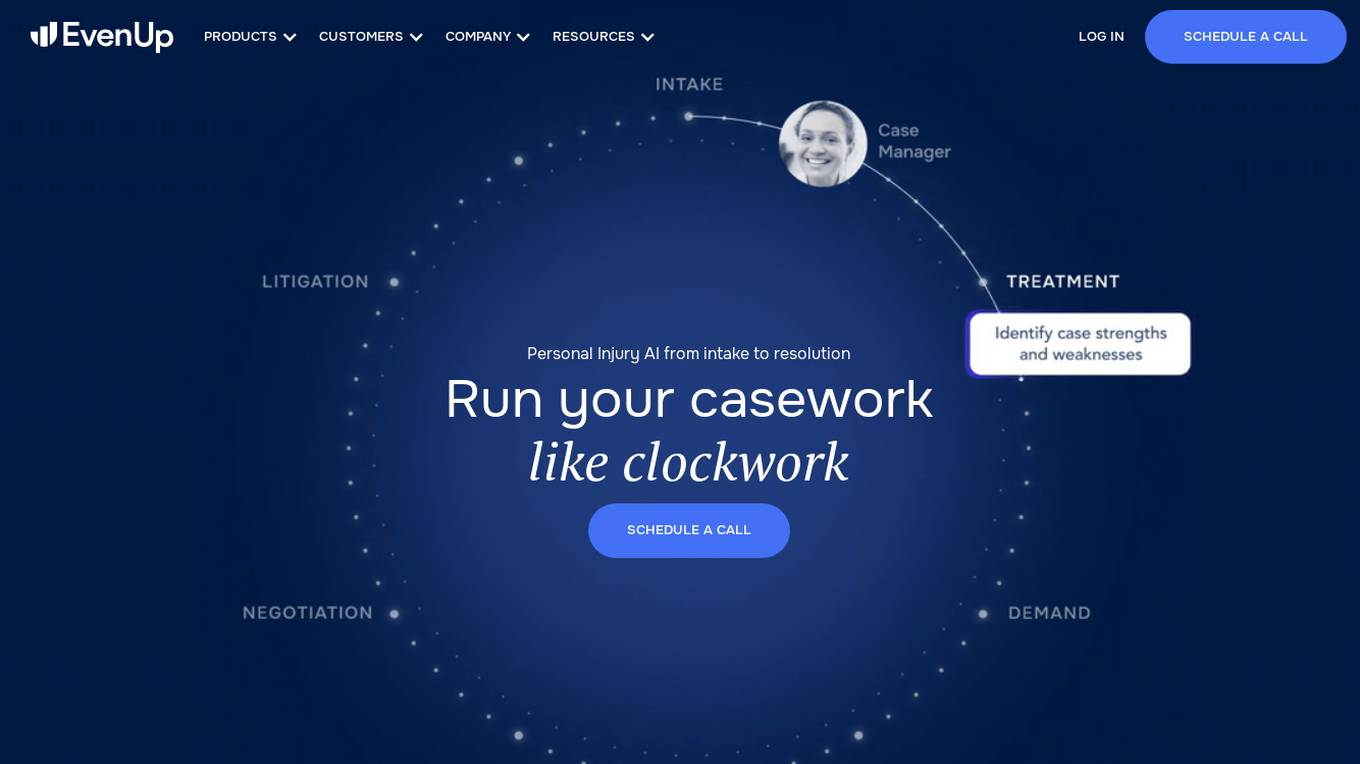
Evenup
Evenup is a personal injury AI application that offers a suite of products designed to streamline the entire process from case intake to resolution. It provides AI-powered tools for demand letters, medical chronologies, analytics, case preparation, negotiation preparation, and settlement outcomes. Evenup aims to empower personal injury lawyers and firms with accurate insights and data-driven solutions to enhance case outcomes and efficiency.
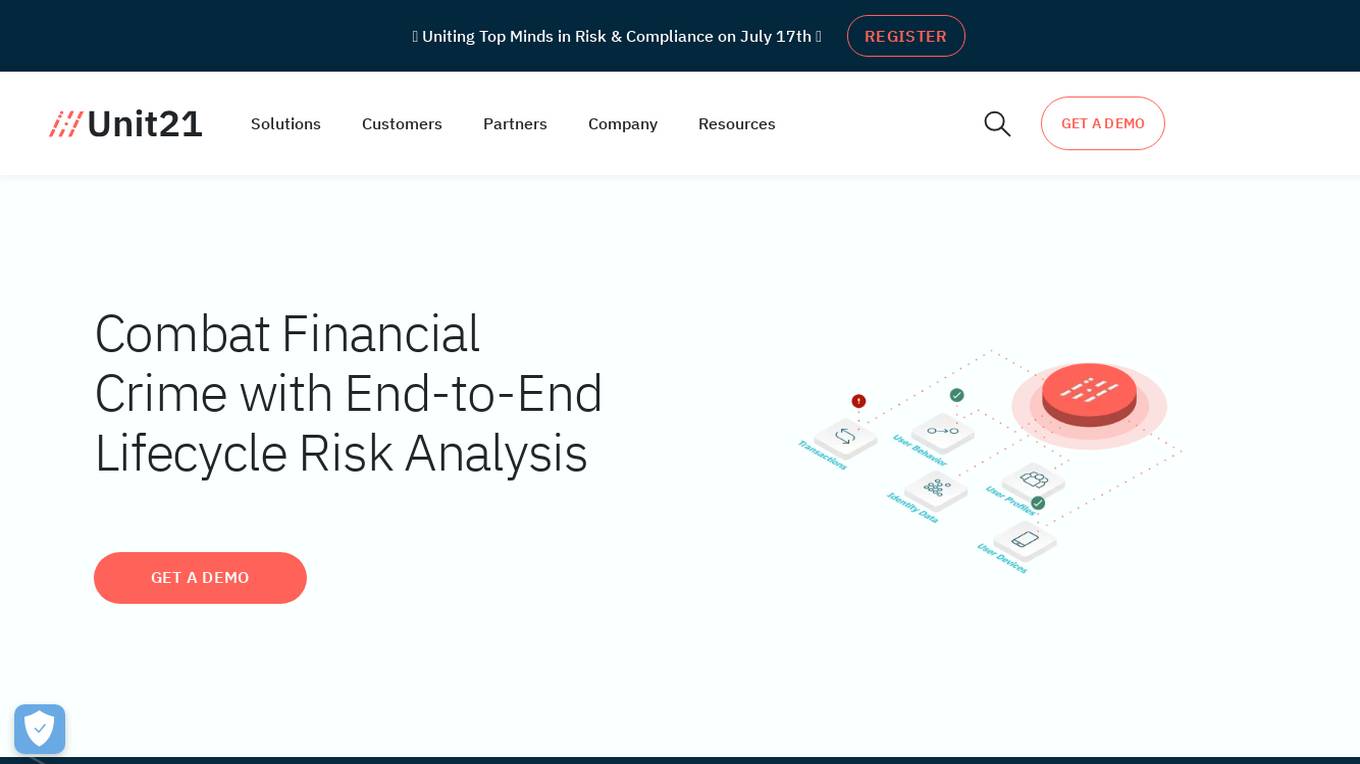
Unit21
Unit21 is a customizable no-code platform designed for risk and compliance operations. It empowers organizations to combat financial crime by providing end-to-end lifecycle risk analysis, fraud prevention, case management, and real-time monitoring solutions. The platform offers features such as AI Copilot for alert prioritization, Ask Your Data for data analysis, Watchlist & Sanctions for ongoing screening, and more. Unit21 focuses on fraud prevention and AML compliance, simplifying operations and accelerating investigations to respond to financial threats effectively and efficiently.
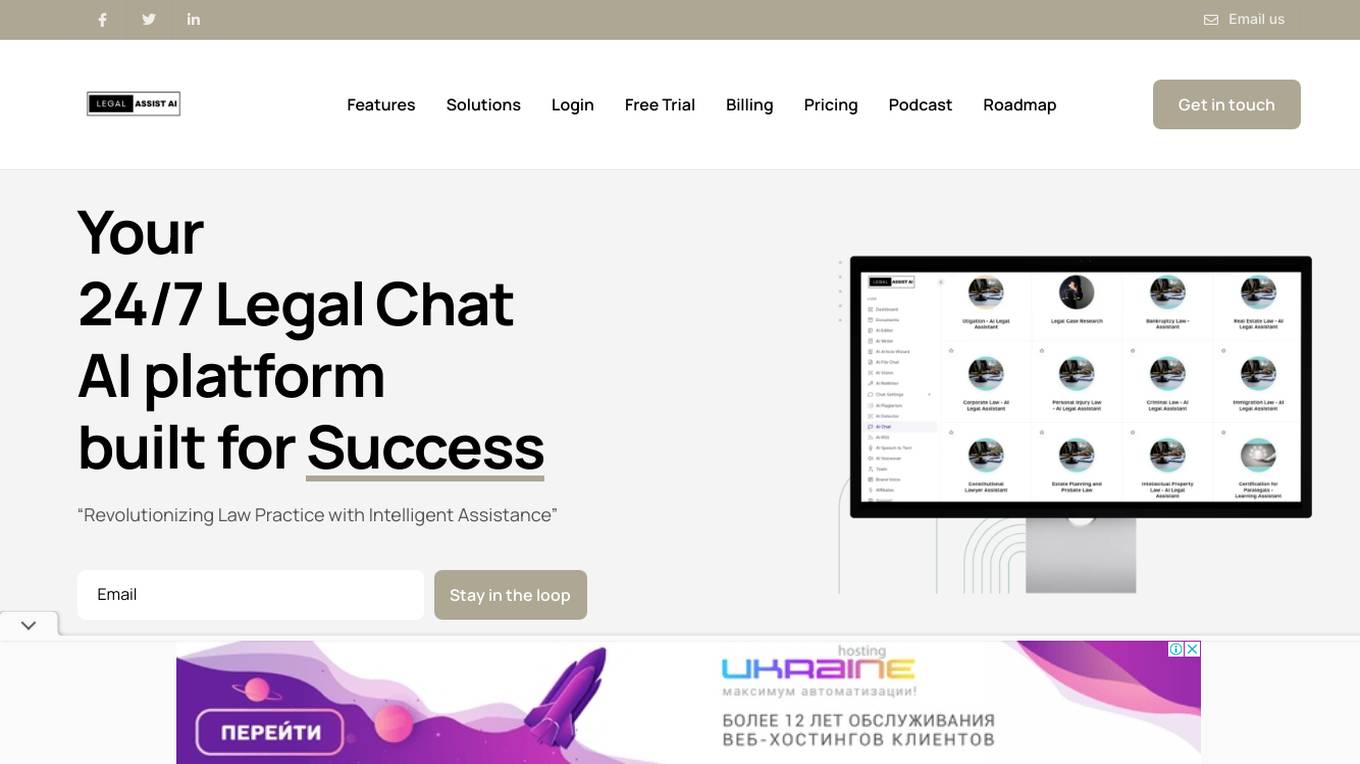
Legal Assist AI
Legal Assist AI is an industry-leading startup founded by James Bratton, offering cutting-edge, AI-driven services such as automated contract analysis, intelligent case management systems, and predictive analytics tailored for the legal profession. With a vision to transform the legal landscape, Legal Assist AI redefines efficiency and elevates the quality of legal services through innovative solutions.

Legal Assist AI
Legal Assist AI is an industry-leading startup that offers cutting-edge, AI-driven services to revolutionize the legal landscape. Founded by James Bratton, the platform provides automated contract analysis, intelligent case management systems, and predictive analytics tailored for the legal profession. With a vision to redefine efficiency and elevate the quality of legal services, Legal Assist AI aims to transform the future of legal work through innovative AI technology.
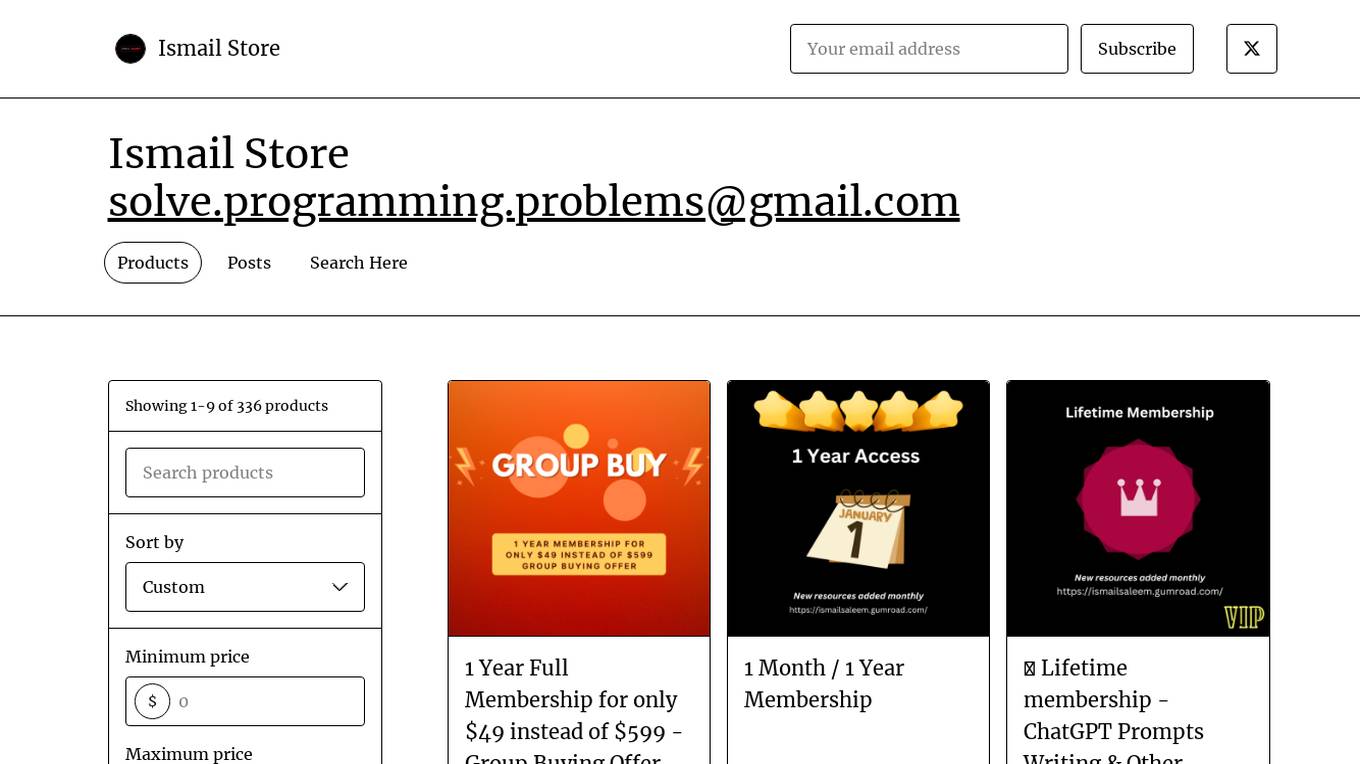
Ismail Store
Ismail Store is an AI tool that offers a variety of products and services related to programming, writing prompts, and content creation. It provides a platform for users to access ChatGPT prompts tailored for different professions such as military lawyers, doctors, accountants, and more. The store also offers software solutions for lawyers and surgeons. Users can purchase memberships for access to exclusive content and services.

spektr
spektr is an AI application that offers hyper-configurable compliance and onboarding solutions. It provides automated KYC/AML checks, continuous compliance monitoring, case management, alert automation, and AI-powered platform features to streamline compliance processes for enterprises. The platform is designed to handle routine tasks, enrich client data, and integrate various compliance tools and data sources. spektr is certified for ISO/IEC 27001:2022 and GDPR compliance, ensuring data security and privacy. It offers no-code and API integration options for flexible customization and seamless integration with existing systems.
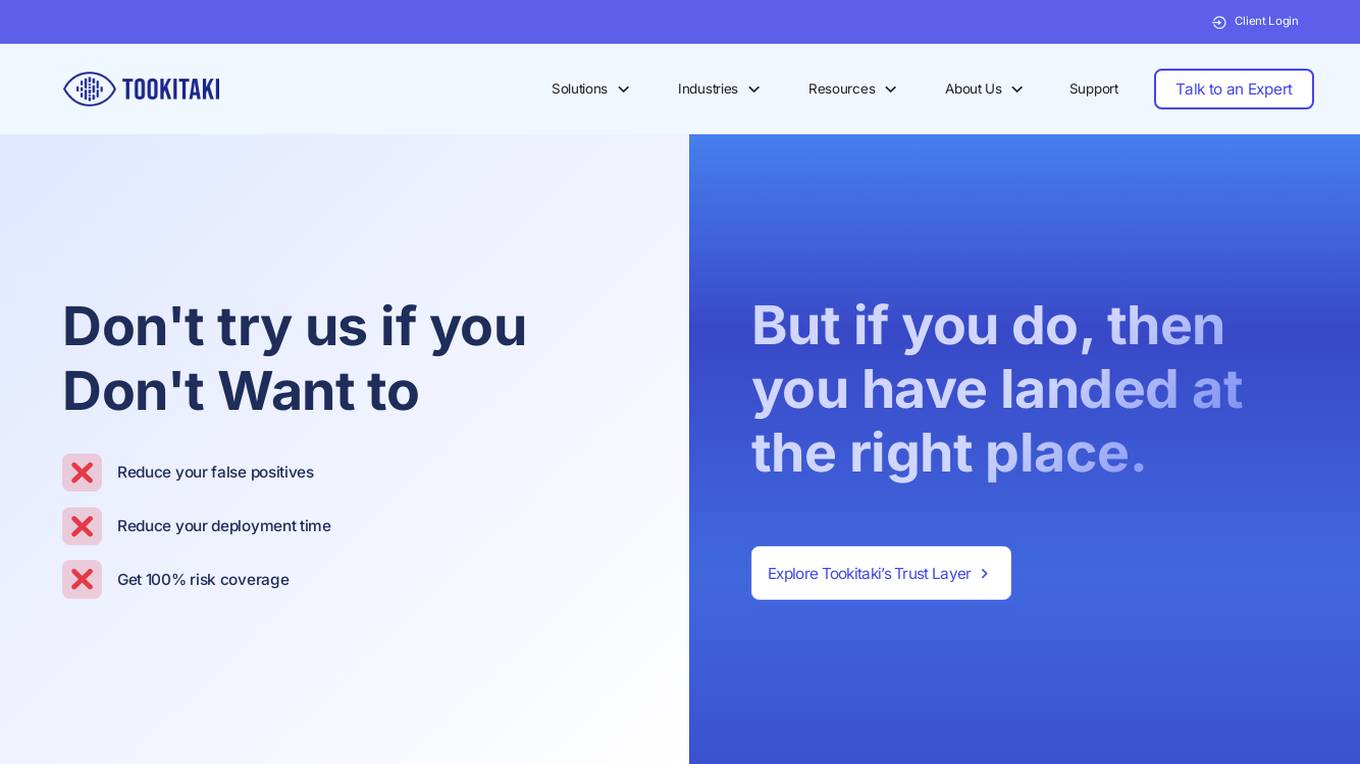
Tookitaki
Tookitaki is an AI-powered AML & Financial Crime Compliance Platform that offers end-to-end solutions for AML and fraud prevention. It provides AI-driven risk detection, real-time fraud prevention, prospect screening, risk scoring, alert prioritization, and case management. The platform is designed to help financial institutions enhance their AML risk management, reduce false positives, and meet regulatory requirements effectively.
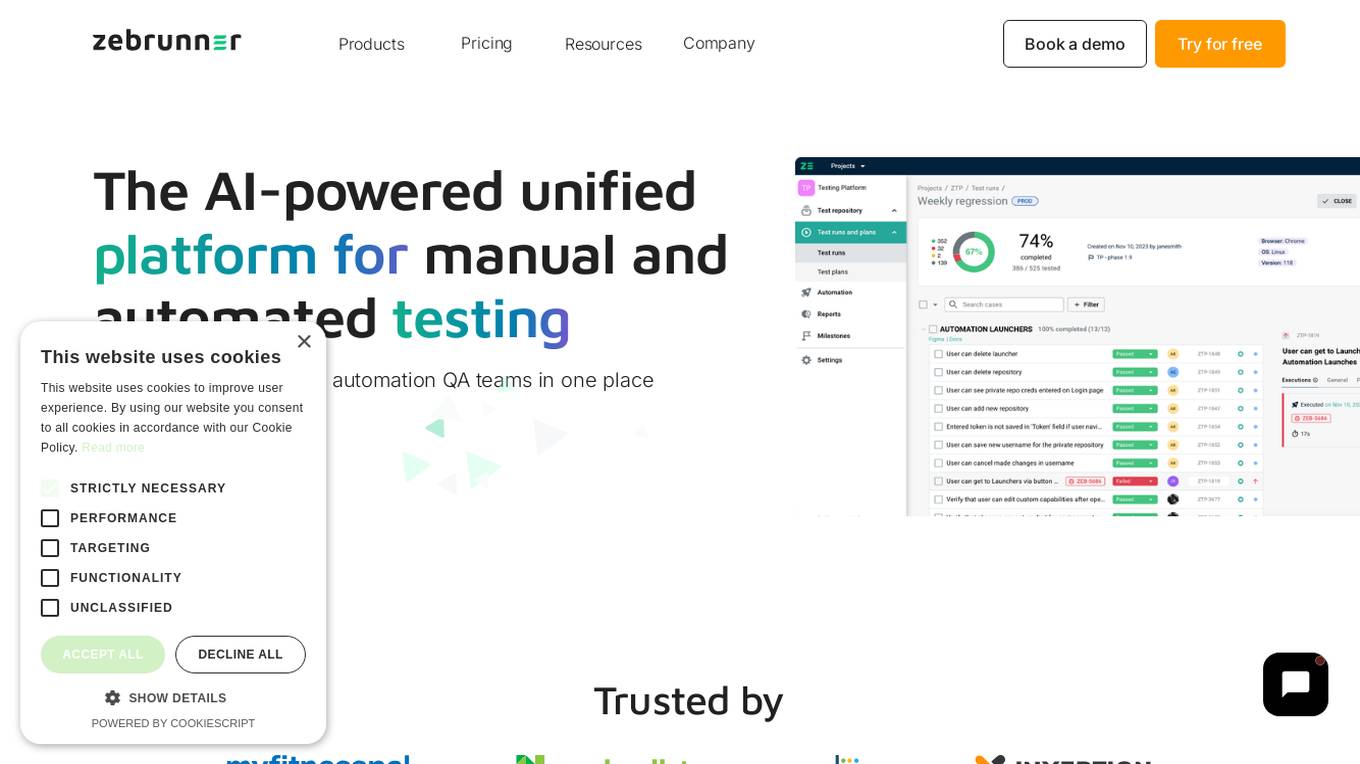
Zebrunner
Zebrunner is an AI-powered unified platform for manual and automated testing, designed to synchronize manual and automation QA teams in one place. It offers features such as test management, automation reporting, and test case management, with capabilities for generating new test cases, autocomplete existing ones, and categorize failures using AI. Zebrunner provides a clean and intuitive UI, unmatched performance, powerful reporting, rich integrations, and 24/7 support for efficient testing processes. It also offers customizable dashboards, sharable reports, and seamless integrations with Jira and other SDLC tools for streamlined workflows.
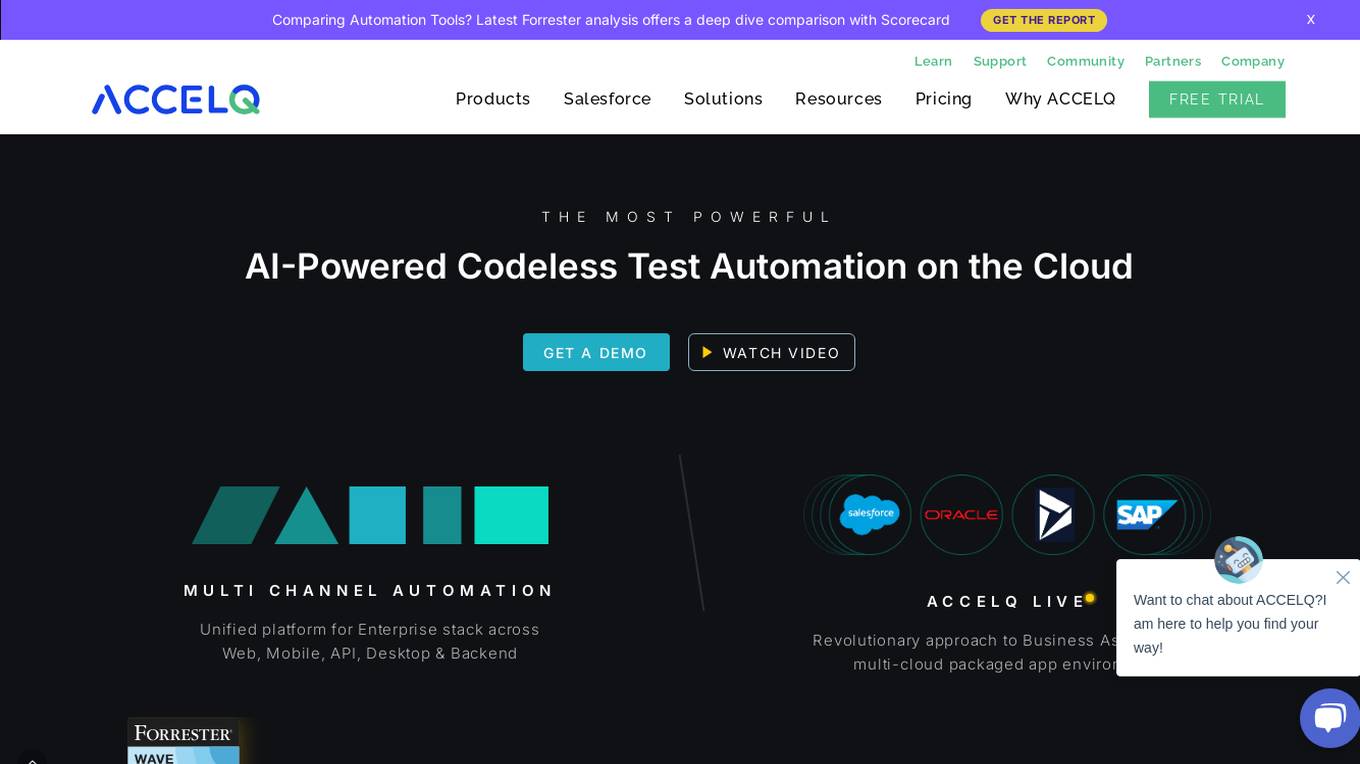
ACCELQ
ACCELQ is a powerful AI-driven test automation platform that offers codeless automation for web, desktop, mobile, and API testing. It provides a unified platform for continuous delivery, full-stack automation, and manual testing integration. ACCELQ is known for its industry-first no-code, no-setup mobile automation platform and comprehensive API automation capabilities. The platform is designed to handle real-world complexities with zero coding required, making it intuitive and scalable for businesses of all sizes.
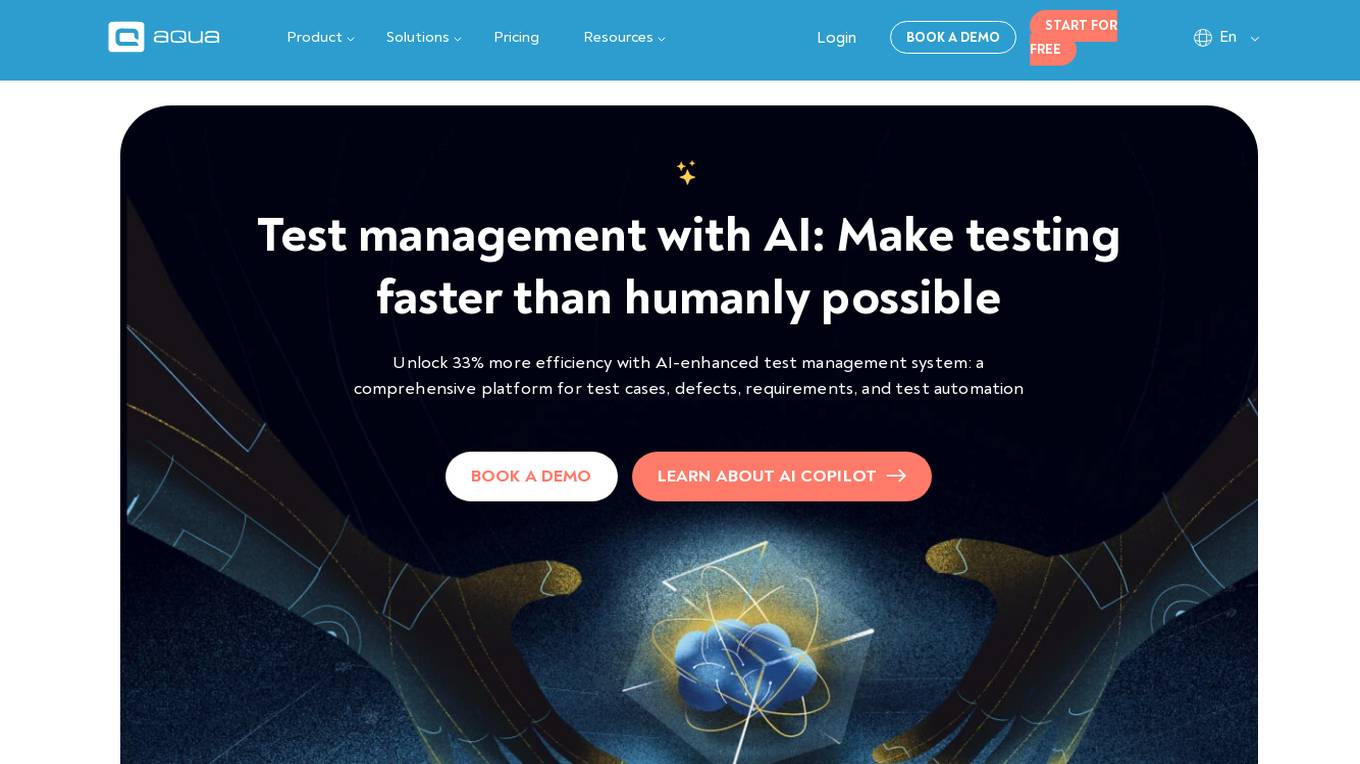
aqua
aqua is a comprehensive Quality Assurance (QA) management tool designed to streamline testing processes and enhance testing efficiency. It offers a wide range of features such as AI Copilot, bug reporting, test management, requirements management, user acceptance testing, and automation management. aqua caters to various industries including banking, insurance, manufacturing, government, tech companies, and medical sectors, helping organizations improve testing productivity, software quality, and defect detection ratios. The tool integrates with popular platforms like Jira, Jenkins, JMeter, and offers both Cloud and On-Premise deployment options. With AI-enhanced capabilities, aqua aims to make testing faster, more efficient, and error-free.

Assort Health
Assort Health is an industry-leading generative AI tool designed for call centers. It offers voice AI solutions tailored to specific medical specialties, helping to automate routine calls and improve patient experience. The tool is highly customizable and integrates seamlessly with existing workflows, providing accurate appointment scheduling and reducing operational costs.
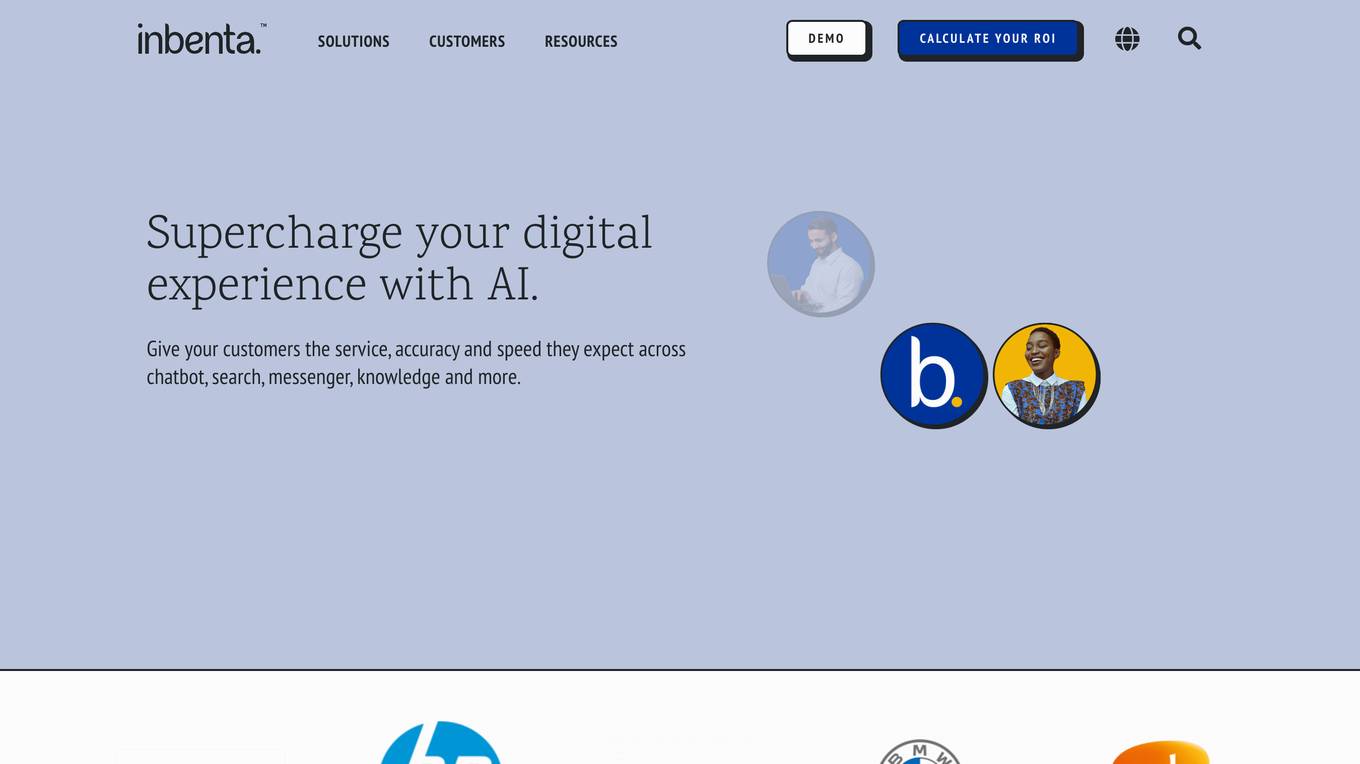
Inbenta
Inbenta is a conversational AI platform that helps companies improve customer experience through intelligent automation. It offers a range of products and services, including chatbots, search, knowledge management, and case management. Inbenta's platform is used by over 1,000 companies across industries around the globe.
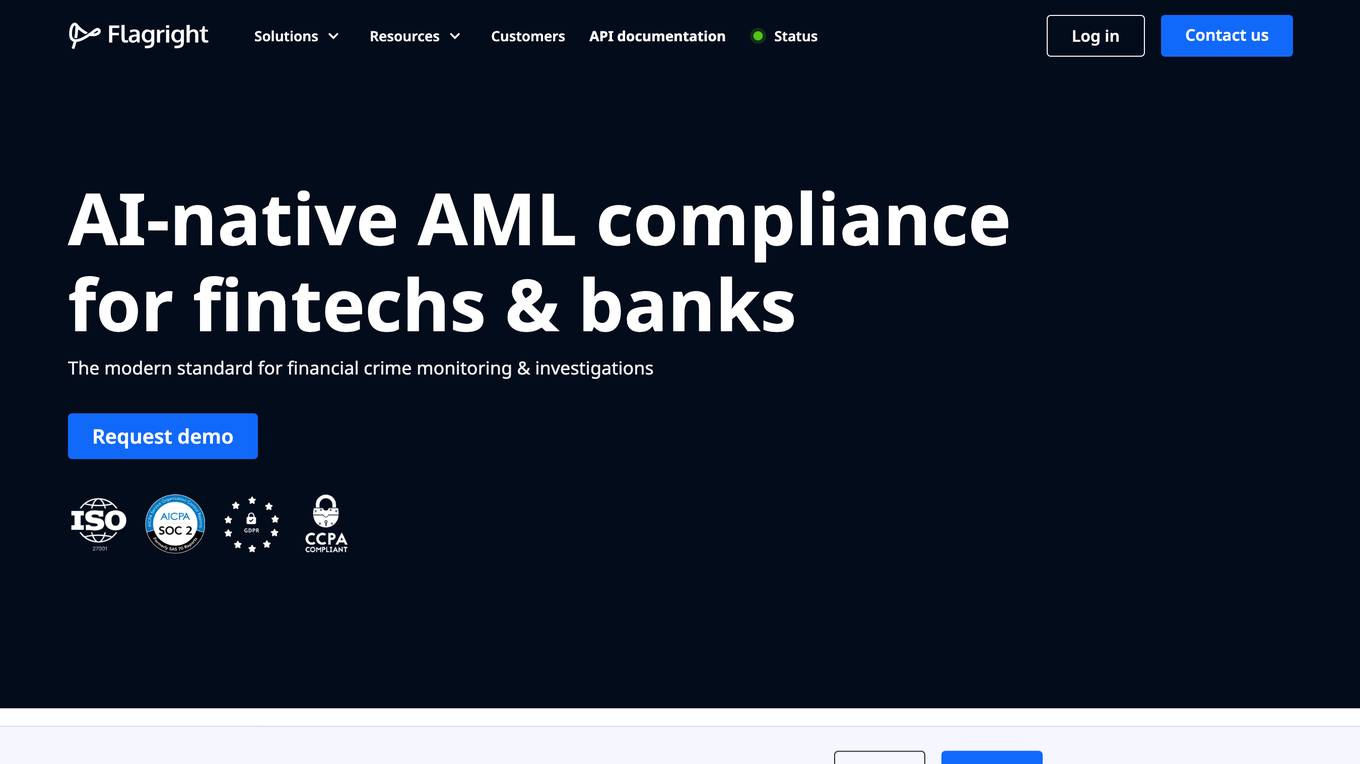
Flagright Solutions
Flagright Solutions is an AI-native AML Compliance & Risk Management platform that offers real-time transaction monitoring, automated case management, AI forensics for screening, customer risk assessment, and sanctions screening. Trusted by financial institutions worldwide, Flagright's platform streamlines compliance workflows, reduces manual tasks, and enhances fraud detection accuracy. The platform provides end-to-end solutions for financial crime compliance, empowering operational teams to collaborate effectively and make reliable decisions. With advanced AI algorithms and real-time processing, Flagright ensures instant detection of suspicious activities, reducing false positives and enhancing risk detection capabilities.
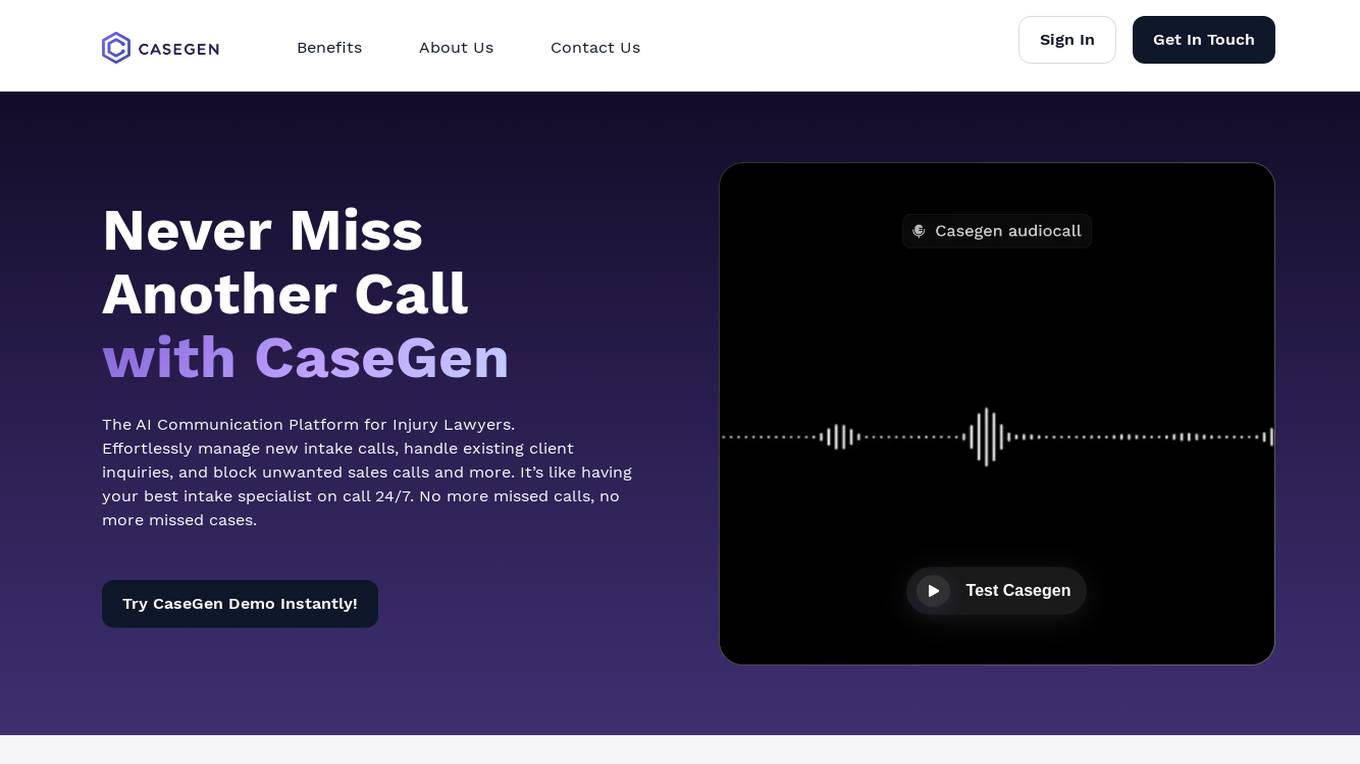
CaseGen
CaseGen is an AI communication platform designed exclusively for personal injury law firms. It offers an AI-powered phone intake agent and text messaging service that handles client interactions 24/7, capturing leads and delivering seamless, professional service. The platform helps law firms manage new intake calls, handle client inquiries, block unwanted sales calls, and more, ensuring no lead is missed outside office hours. CaseGen aims to revolutionize how law firms retain new clients and engage with key parties involved in the legal process by providing cost-effective, consistent, and scalable solutions.
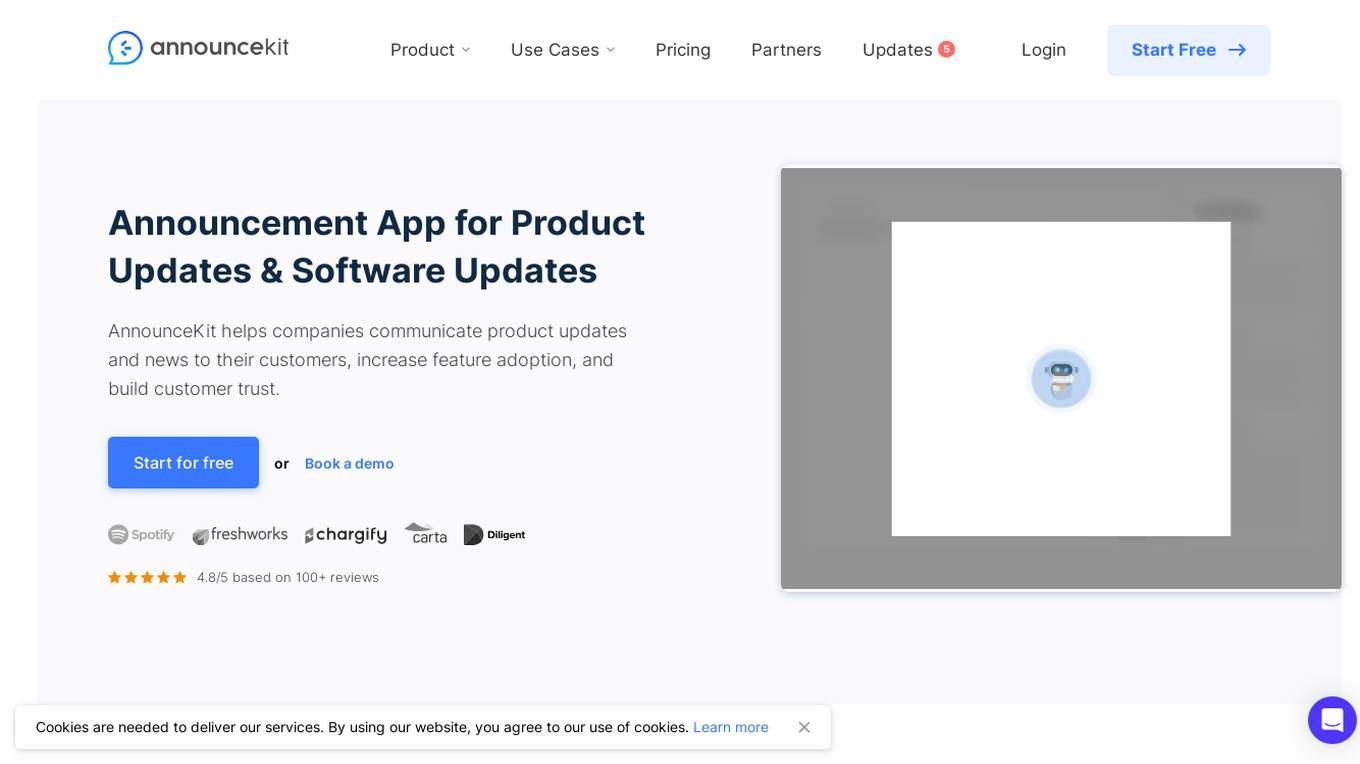
AnnounceKit
AnnounceKit is an AI-powered announcement app and software designed to help companies effectively communicate product updates and news to their customers. It enables businesses to increase feature adoption, build customer trust, and engage with users through eye-catching notifications and widgets. With features like integrations, audience segmentation, customer feedback collection, and AI writing assistant, AnnounceKit offers a comprehensive solution for managing product announcements and updates.
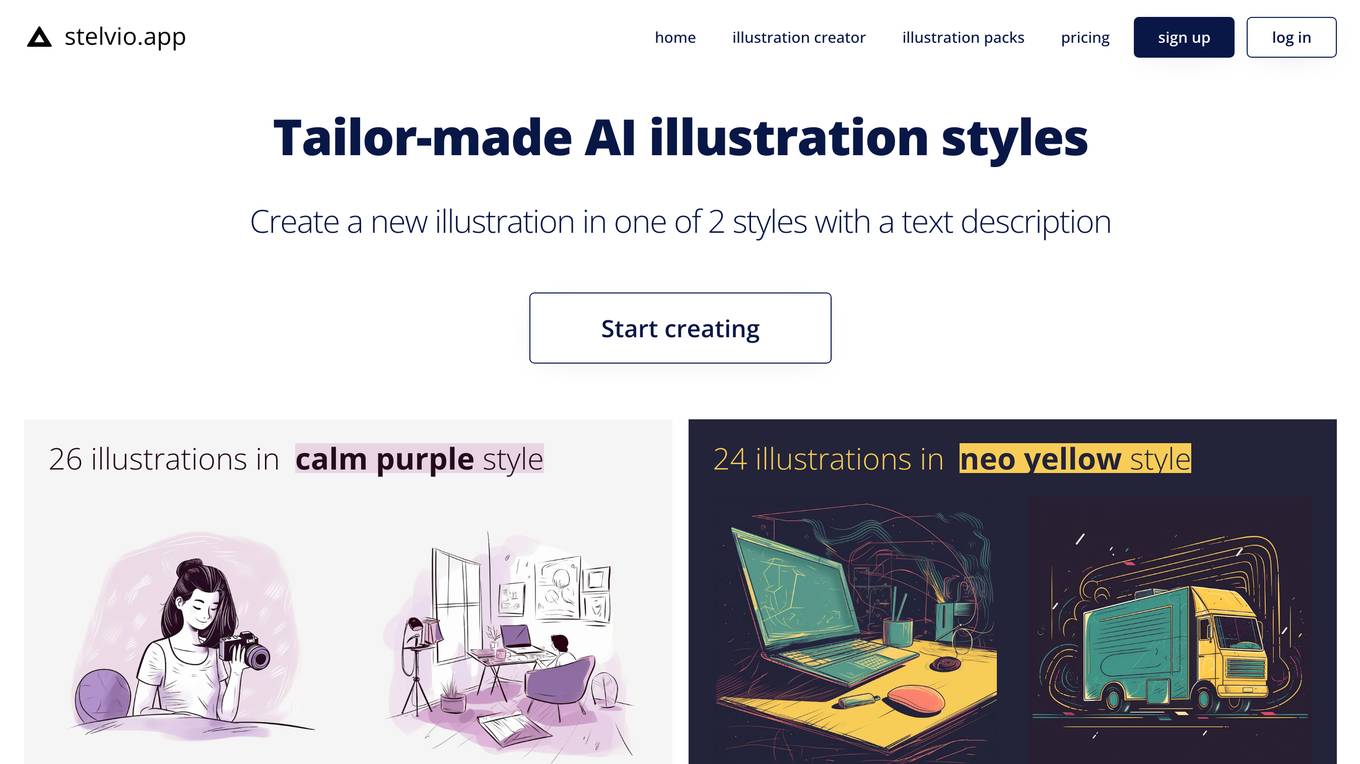
Bubble
Bubble is a visual programming platform that allows users to build web applications without needing to write code. It offers a range of features for designing, developing, and deploying applications, including data management, logic creation, collaboration tools, and security features. Bubble provides a user-friendly interface for creating custom applications tailored to specific needs, making it an ideal solution for individuals and businesses looking to create web applications quickly and efficiently.
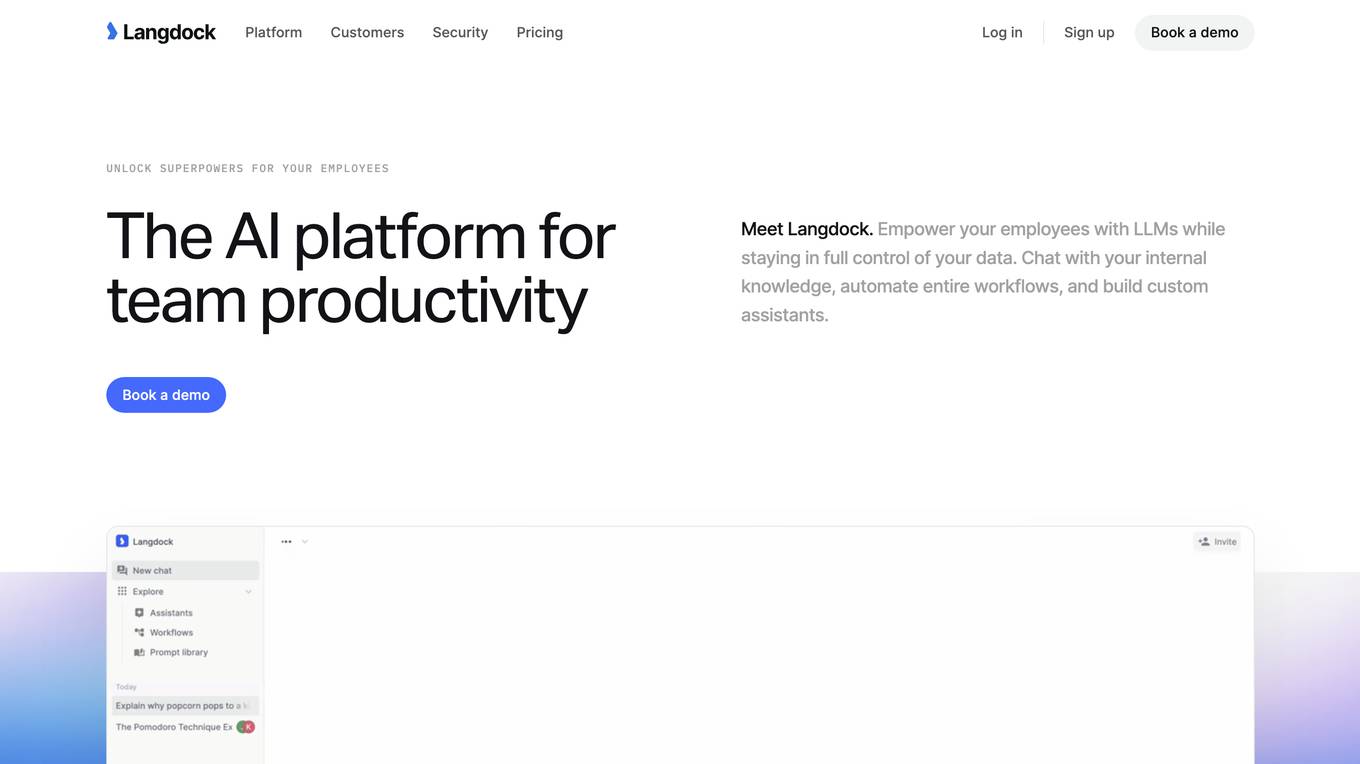
Langdock
Langdock is an all-in-one AI platform designed for companies to roll out AI to all employees and enable developers to build custom AI workflows. It offers powerful AI chat, use-case-specific assistants, AI workplace search, and API for building and running agents. Langdock provides model-agnostic, privacy-first, scalable, and measurable features, with expert support assistants for various tasks. The platform is enterprise trusted, with a focus on security and compliance. It is hosted in Europe and offers a 7-day free trial for users to get started.
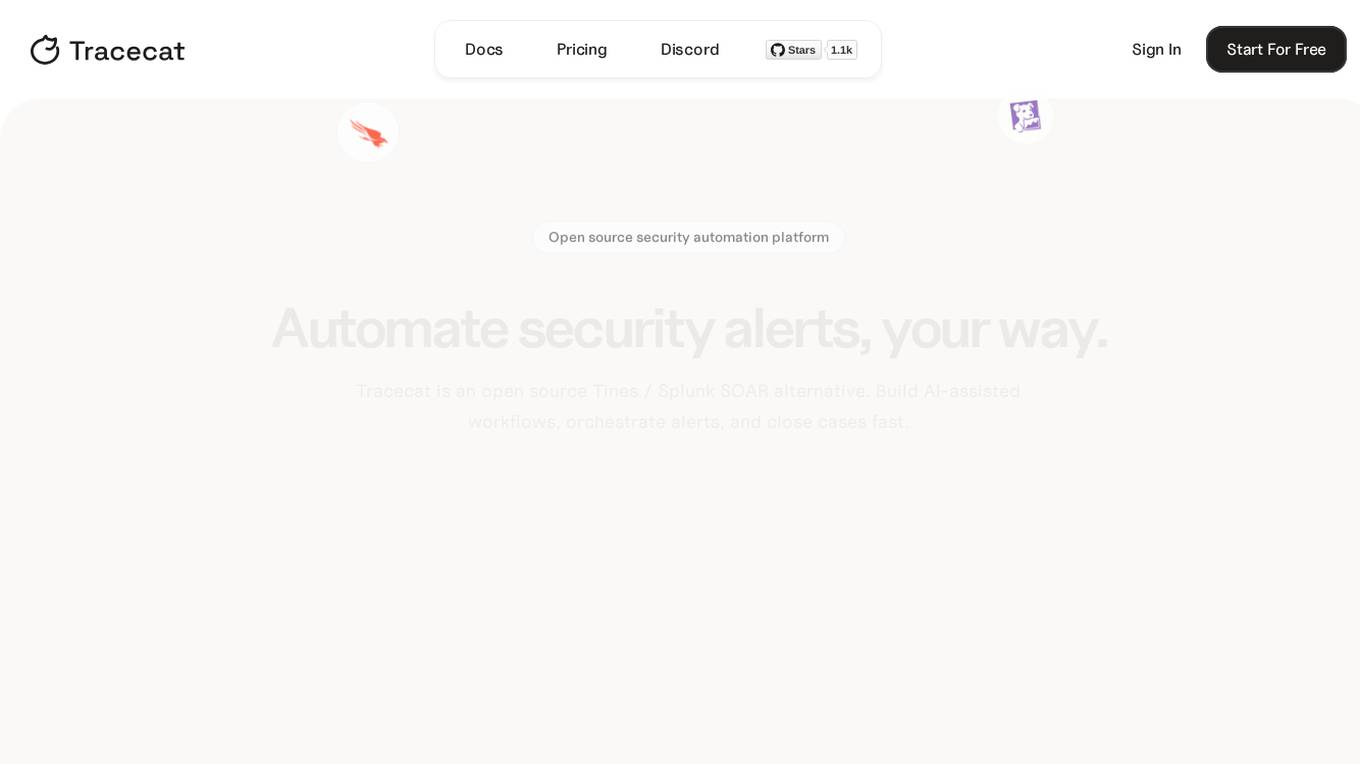
Tracecat
Tracecat is an open-source security automation platform that helps you automate security alerts, build AI-assisted workflows, orchestrate alerts, and close cases fast. It is a Tines / Splunk SOAR alternative that is built for builders and allows you to experiment for free. You can deploy Tracecat on your own infrastructure or use Tracecat Cloud with no maintenance overhead. Tracecat is Apache-2.0 licensed, which means it is open vision, open community, and open development. You can have your say in the future of security automation. Tracecat is no-code first, but you can also code as well. You can build automations fast with no-code and customize without vendor lock-in using Python. Tracecat has a click-and-drag workflow builder that allows you to automate SecOps using pre-built actions (API calls, webhooks, data transforms, AI tasks, and more) combined into workflows. No code is required. Tracecat also has a built-in case management system that allows you to open cases directly from workflows and track and manage security incidents all in one platform.

Kodora AI
Kodora AI is a leading AI technology and advisory firm based in Australia, specializing in providing end-to-end AI services. They offer AI strategy development, use case identification, workforce AI training, and more. With a team of expert AI engineers and consultants, Kodora focuses on delivering practical outcomes for clients across various industries. The firm is known for its deep expertise, solution-focused approach, and commitment to driving AI adoption and innovation.
0 - Open Source AI Tools
20 - OpenAI Gpts

Case Finisher Assistant
Hello I'm Case Finisher Assistant! What would you like help with today?
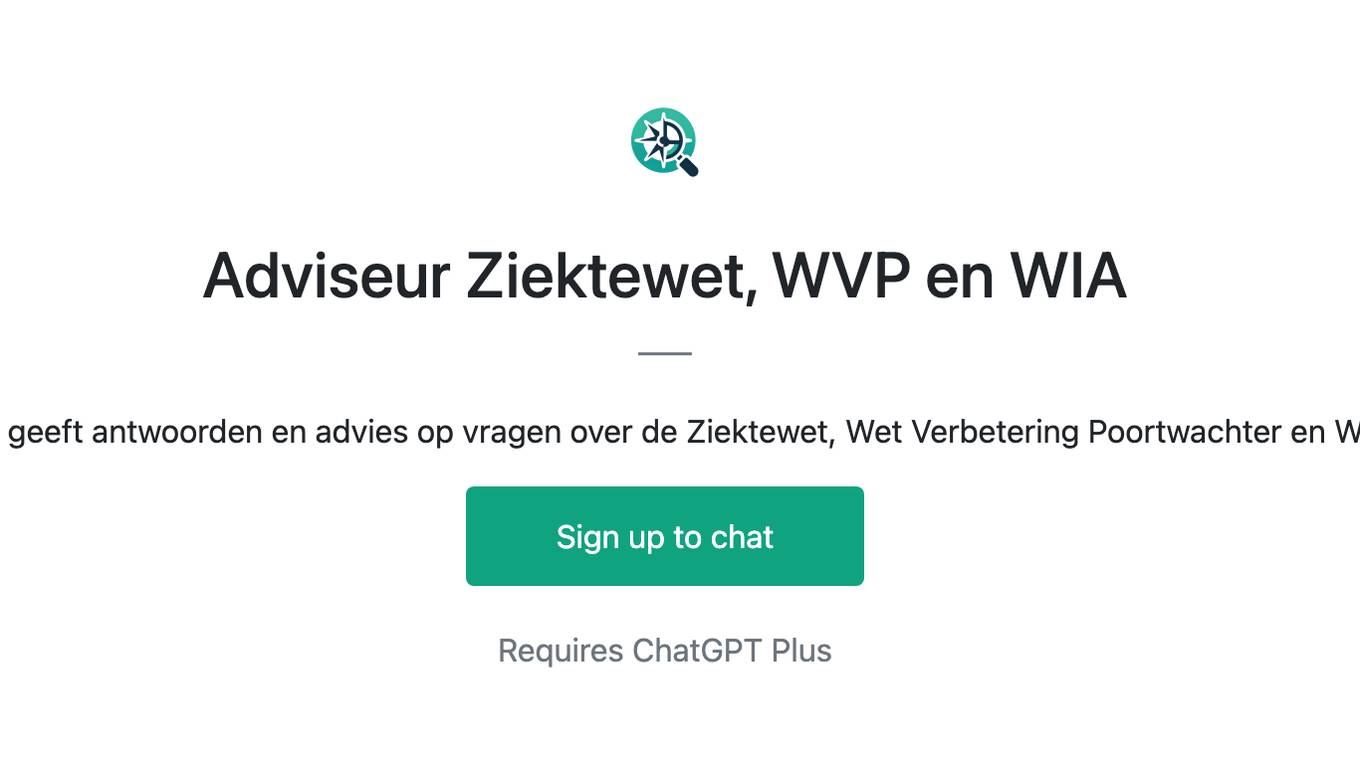
Adviseur Ziektewet, WVP en WIA
GPT geeft antwoorden en advies op vragen over de Ziektewet, Wet Verbetering Poortwachter en WIA

Clinic Counselor and Psychotherapist Assistant
Assists professionals with psychotherapy cases and treatment plans
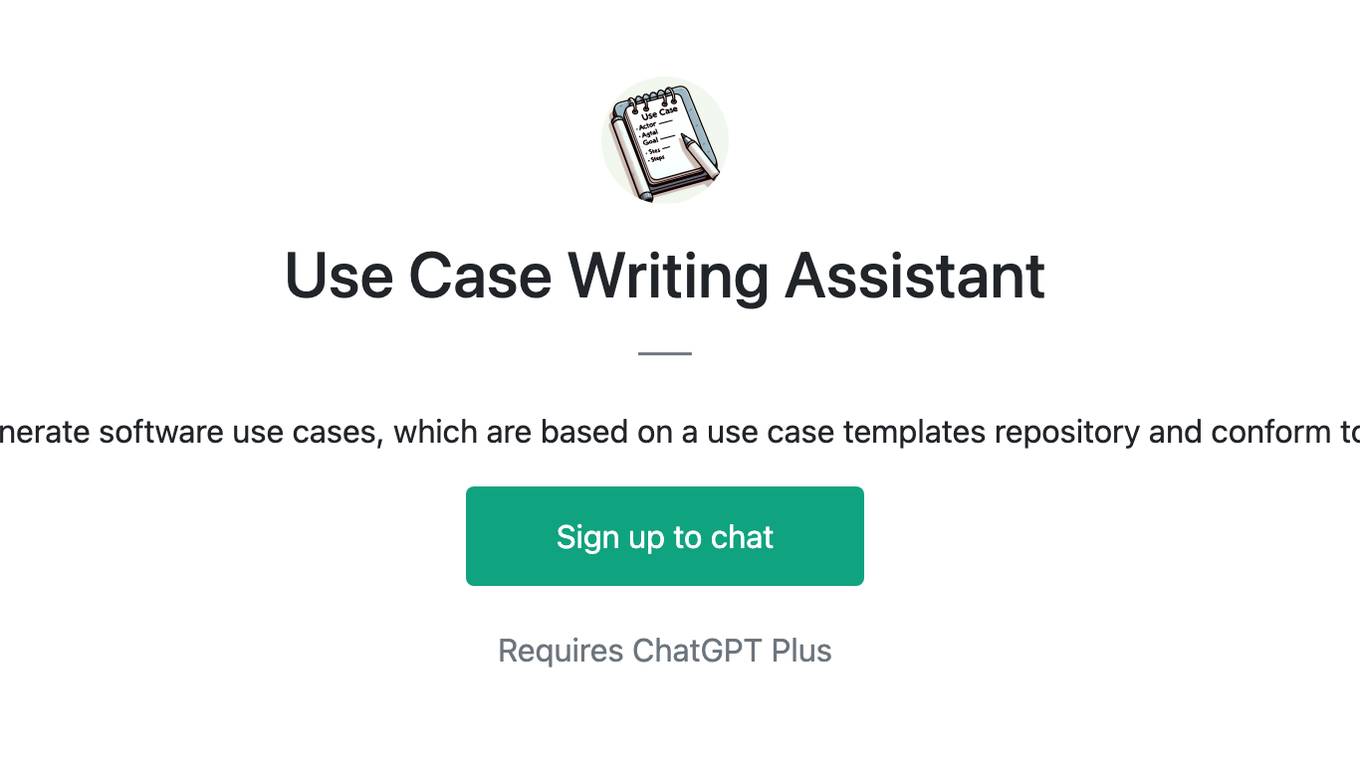
Use Case Writing Assistant
This GPT can generate software use cases, which are based on a use case templates repository and conform to a style guide.
JudgeSchlegelGPT
Focused solely on tech in the legal system. No unrelated advice or recommendations.
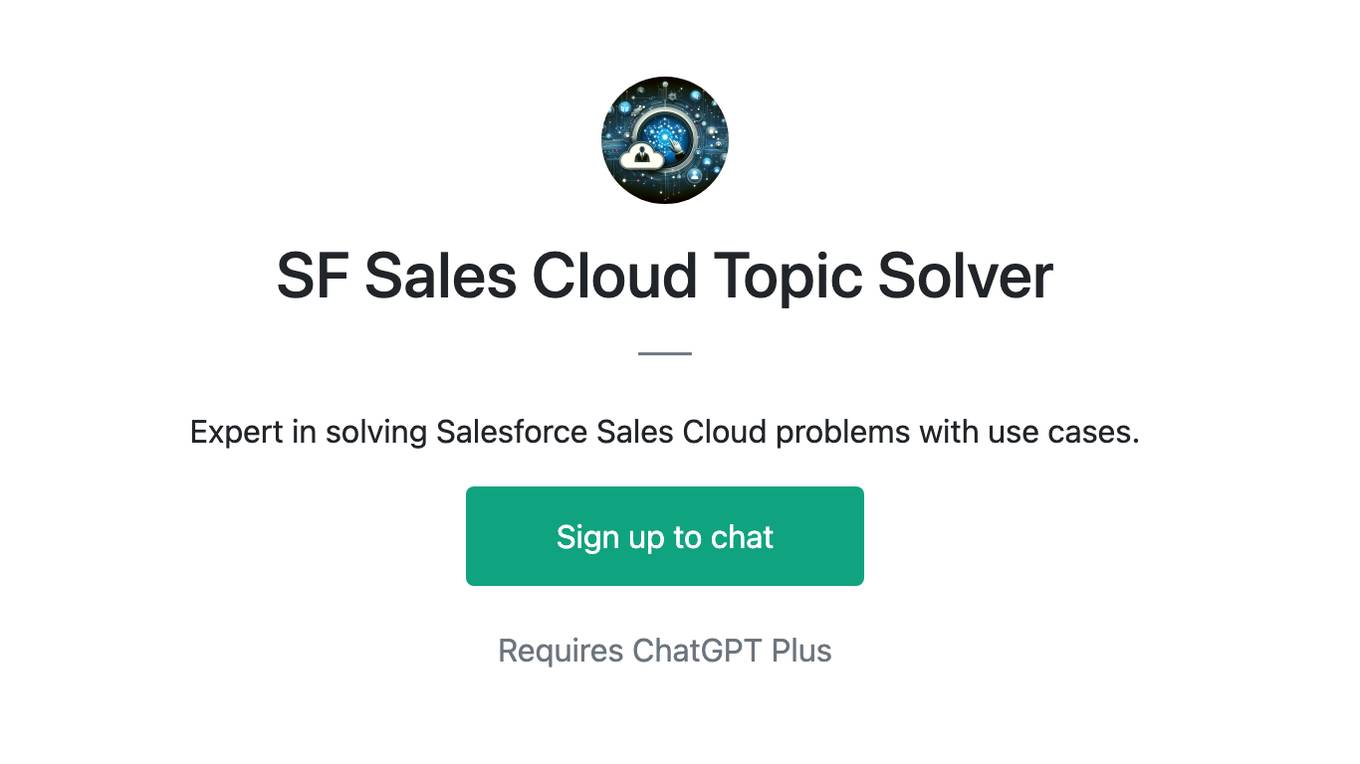
SF Sales Cloud Topic Solver
Expert in solving Salesforce Sales Cloud problems with use cases.

Transfer Pricing Guru
Trained on the 2022 OECD TP Guidelines, country-specific rules and court cases
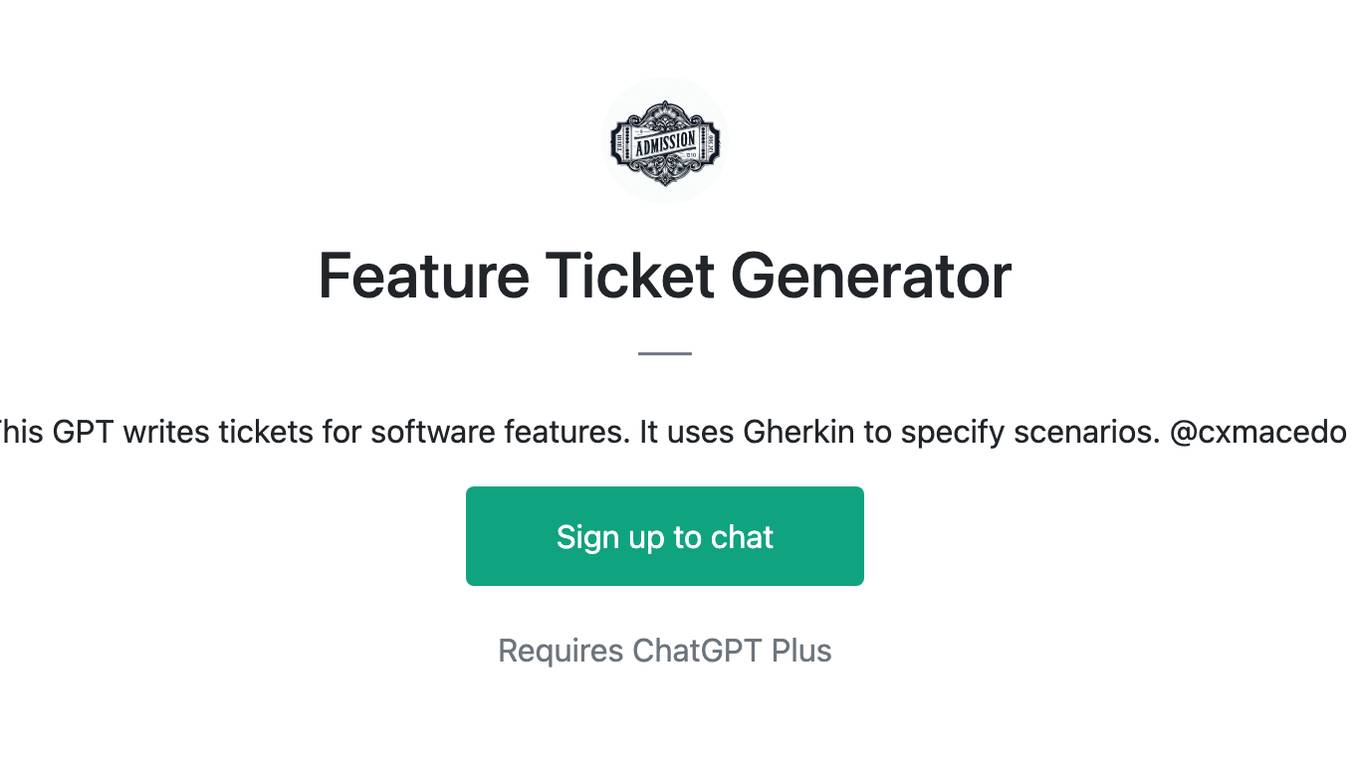
Feature Ticket Generator
This GPT writes tickets for software features. It uses Gherkin to specify scenarios. @cxmacedo
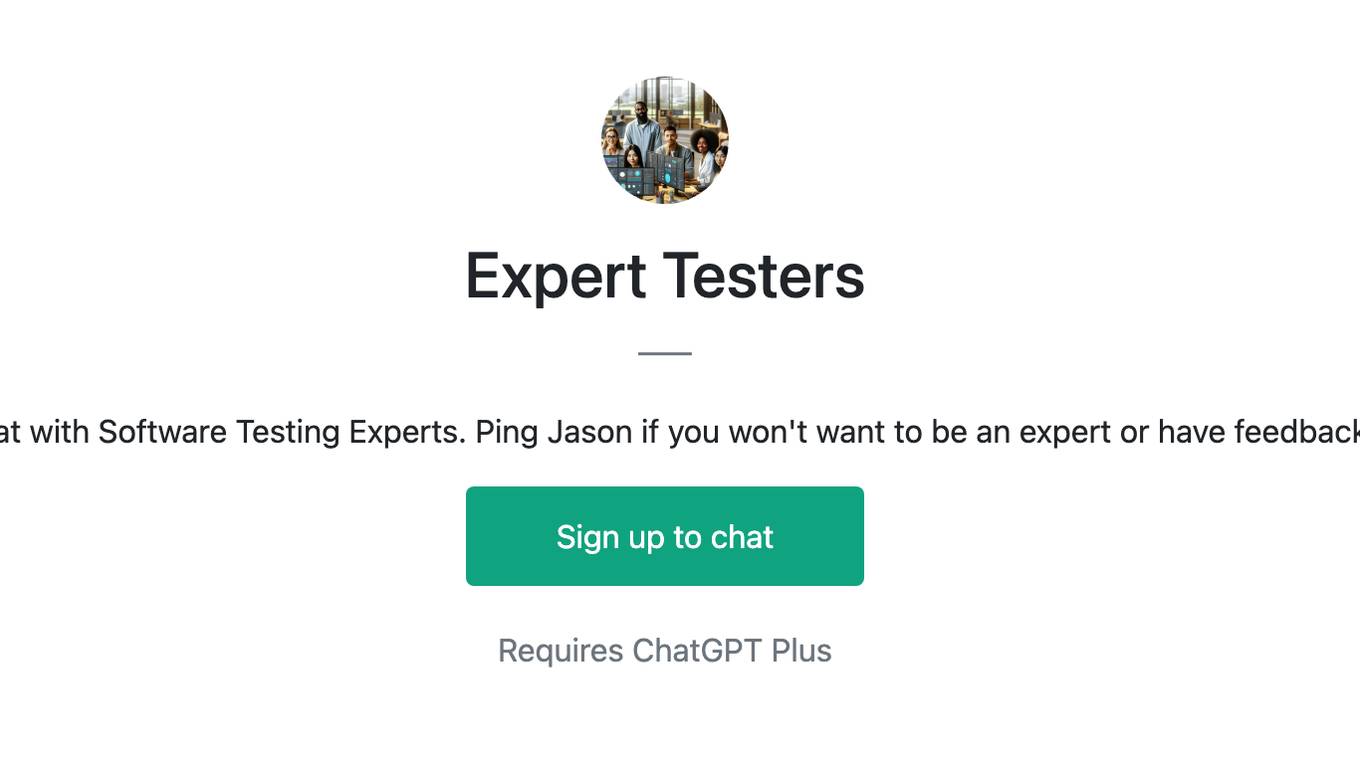
Expert Testers
Chat with Software Testing Experts. Ping Jason if you won't want to be an expert or have feedback.
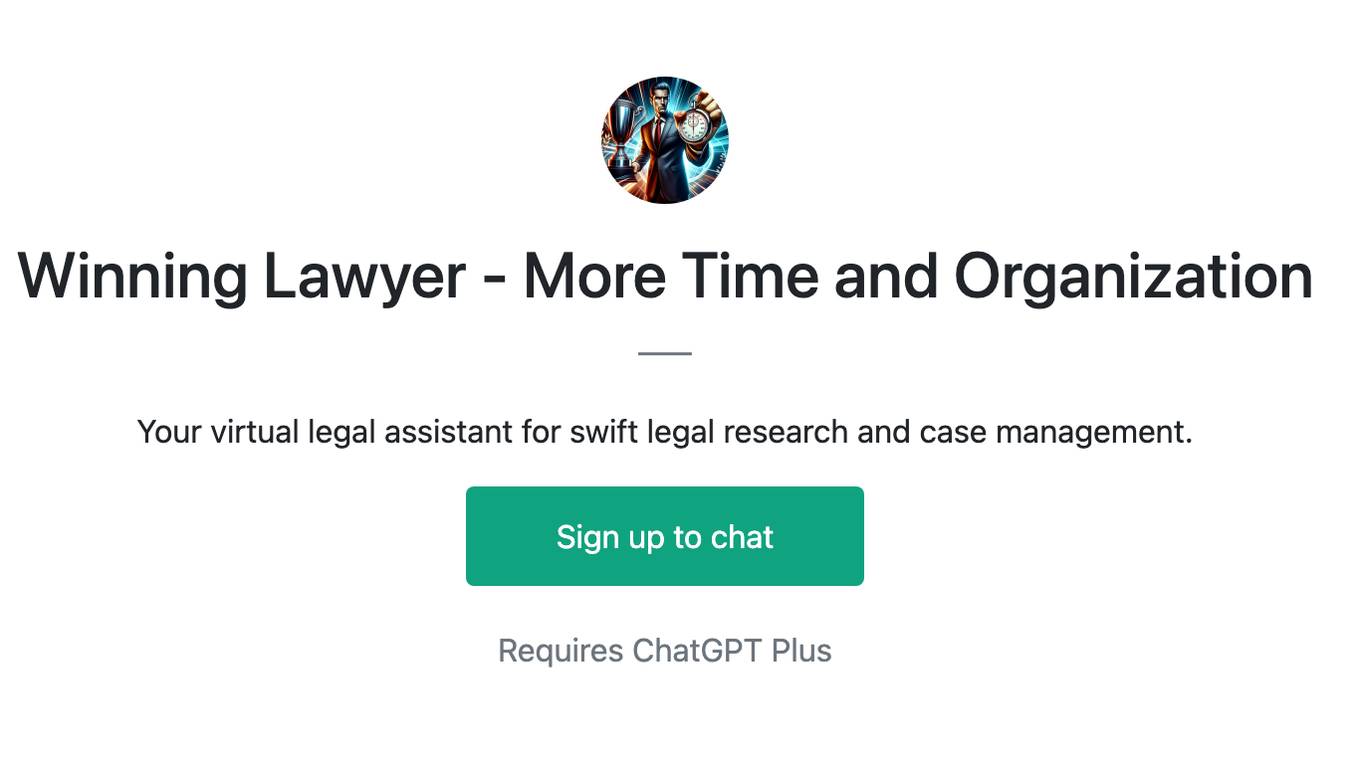
Winning Lawyer - More Time and Organization
Your virtual legal assistant for swift legal research and case management.
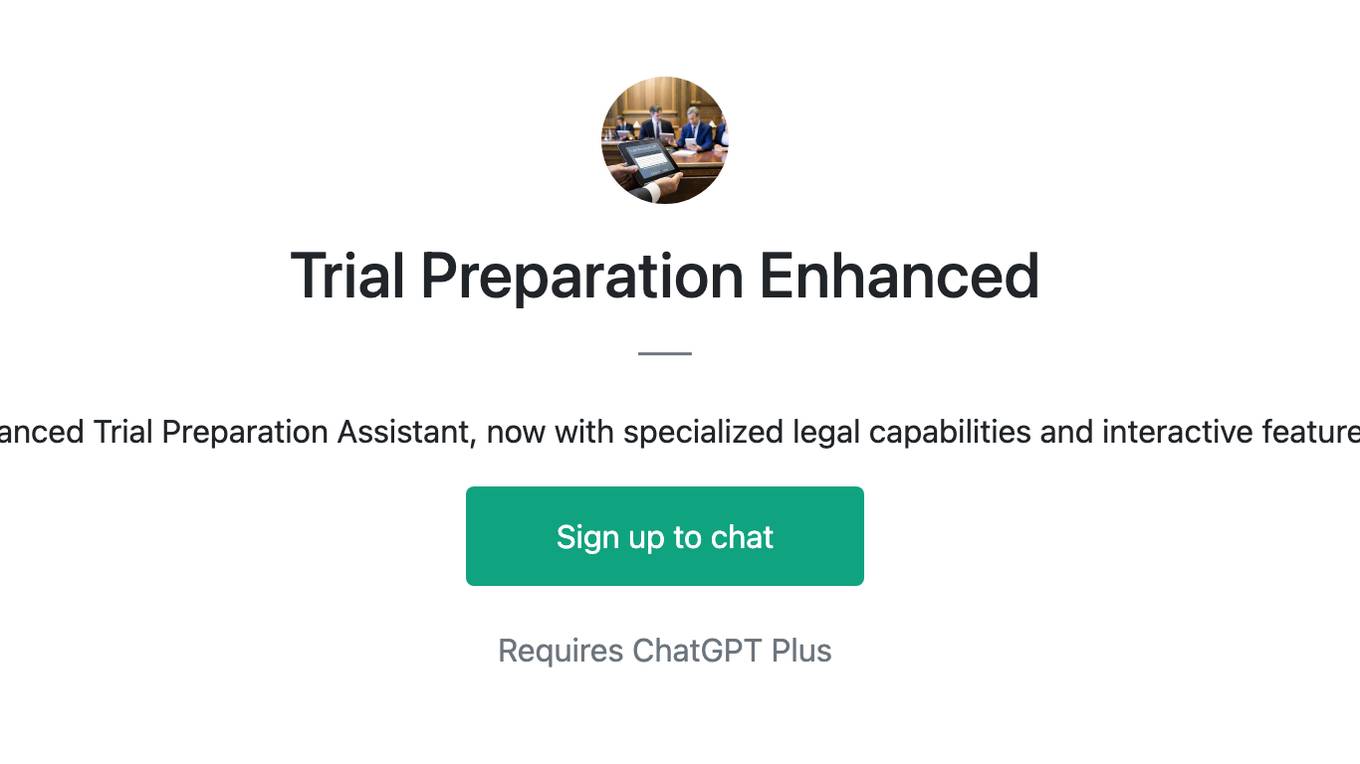
Trial Preparation Enhanced
Advanced Trial Preparation Assistant, now with specialized legal capabilities and interactive features.
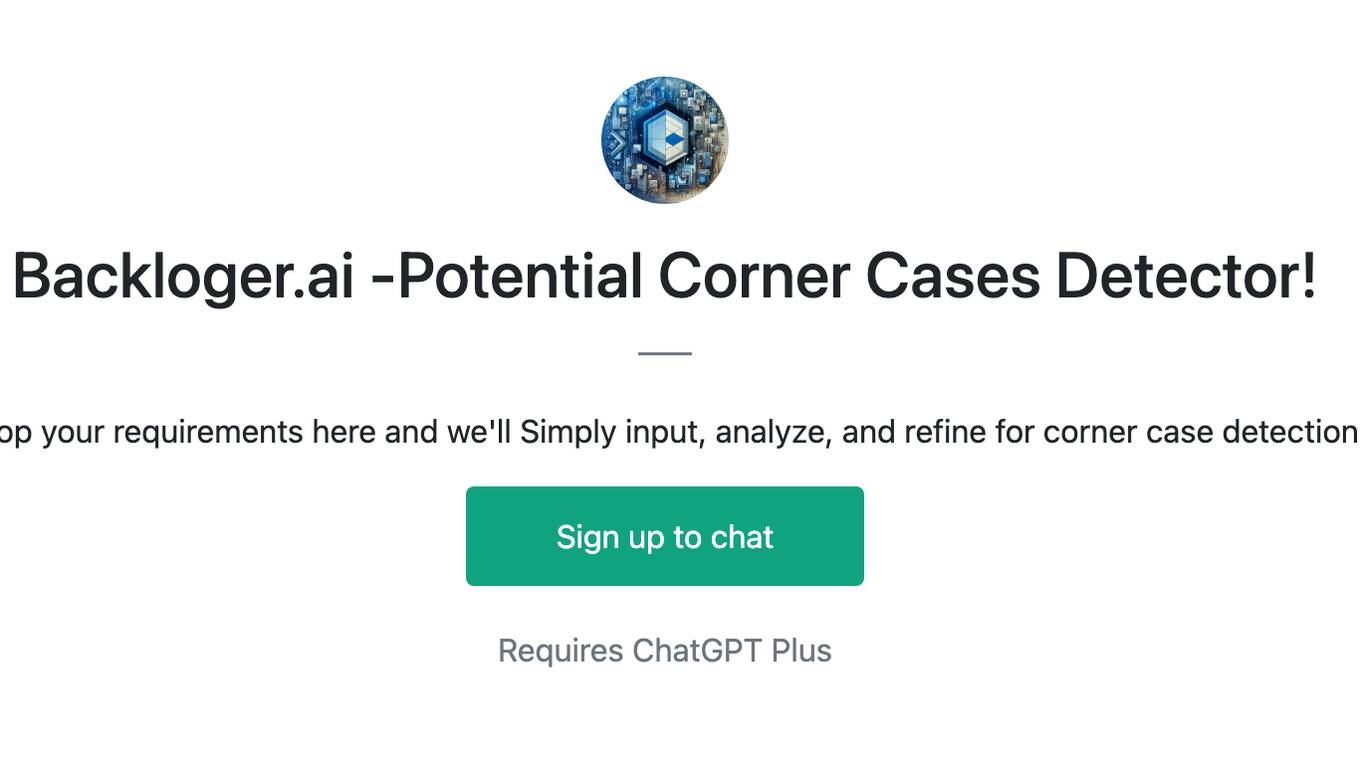
Backloger.ai -Potential Corner Cases Detector!
Drop your requirements here and we'll Simply input, analyze, and refine for corner case detection!
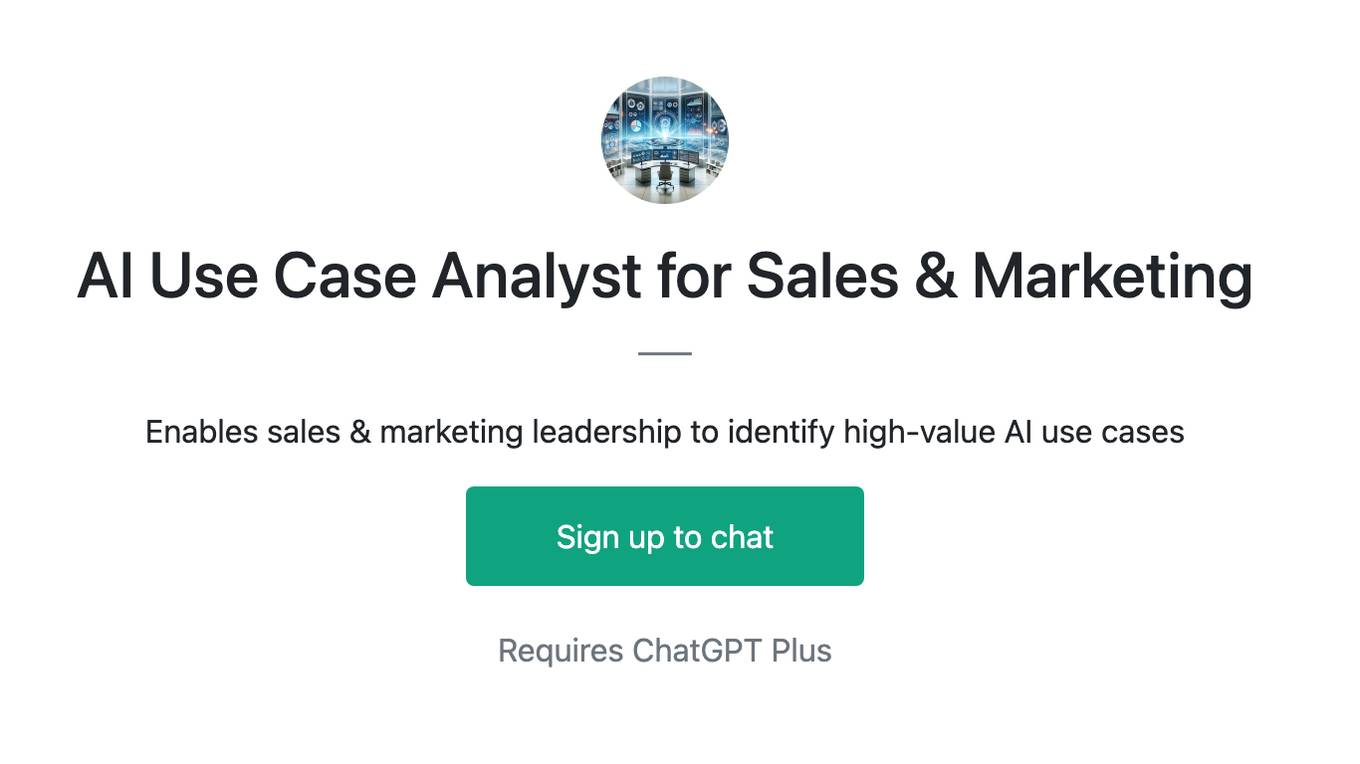
AI Use Case Analyst for Sales & Marketing
Enables sales & marketing leadership to identify high-value AI use cases
PragmaPilot - A Generative AI Use Case Generator
Show me your job description or just describe what you do professionally, and I'll help you identify high value use cases for AI in your day-to-day work. I'll also coach you on simple techniques to get the best out of ChatGPT.
